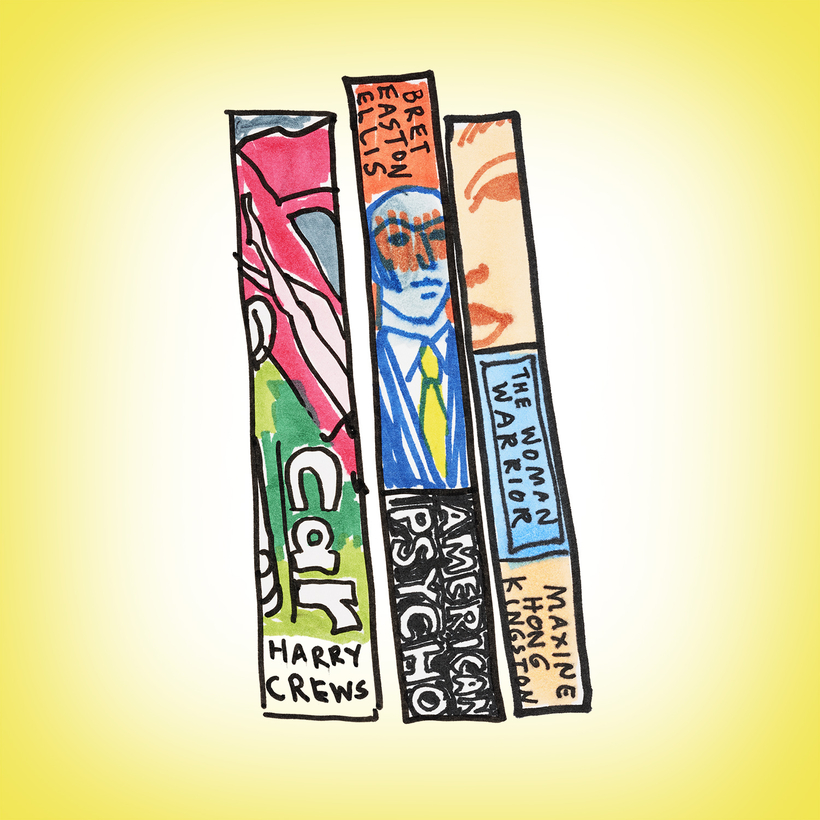“I’ve sometimes felt I became a reader for the wrong reasons,” says Dwight Garner. “People go on about ideas. Ideas are fine—but give me the texture of a life, give me the wriggling details.” He sympathizes with Elizabeth Hardwick, “who got caught up in the ‘drama of consumption’ in Mary McCarthy’s novels. What were her characters going to eat or do next?” He’s felt in league with Jake Barnes in The Sun Also Rises, who said about the world, “I did not care what it was all about. All I wanted to know was how to live in it,” and with Eve Babitz, who loved Colette’s fiction because she’s one of those writers “you open up anywhere and brush up on what to do.” These are the bits that have stayed seared in his memory, and the ones he turned to when compiling Garner’s Quotations: A Modern Miscellany, out now from Farrar, Straus and Giroux.
“Food in fiction, that ‘drama of consumption,’ has always made me turn the pages more eagerly,” says Garner. “One reason I was a big, husky kid—I still am—is that I ate while I read. Now that every novel is about food, I find that I relish the outliers, the books that have some malevolent intelligence, the ones that tweak the dark side of our appetites.” Here, Garner recommends three delicious takes on appetites gone wrong.


